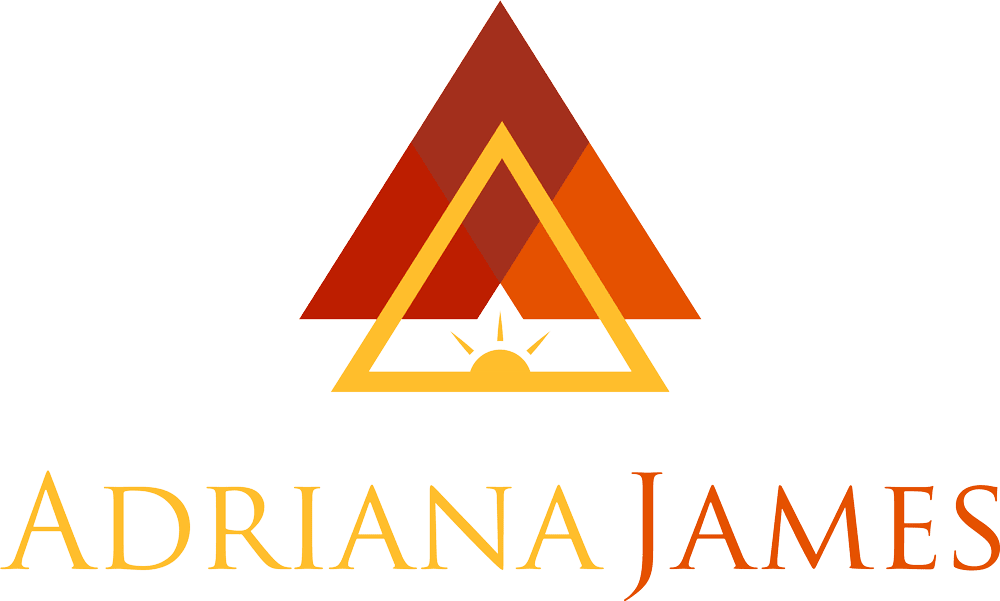
This scientific study is presented as excerpts (with permission) from:
The Effectiveness of NLP: Interrupted time series analysis of single subject data for one session of NLP coaching.
by Jaap Hollander, and Oliver Malinowski
Institute for Eclectic Psychology
Nijmegen, The Netherlands
Brief:
64% of participants who took a single one hour NLP coaching session succeeded in treatment for mild psychological or social problems.
Edited Abstract:
The main goal of this study was to evaluate the effectiveness of Neuro Linguistic
Programming (NLP) in the treatment of individuals with mild psychological and/or social problems. Studies were used to examine behaviour changes in individuals receiving NLP-coaching. In this design, NLP treatment consisted of only a single NLP coaching session given by an NLP trainee. 25 participants were asked to score their chosen problem behaviour on a 10 point rating scale at least 20 days prior and 20 days after the intervention.
In this way, the effectiveness of the intervention was examined.
Results show that 16 individuals (64%) improved concerning their mild psychological and/or social problems through the NLP treatment. Repeated measures show that on average overall well-being of the participants increased after treatment.
We conclude that NLP coaching can be effective in treating mild psychological and/or social problems and is able to increase perceived overall well-being after one coaching session. Based on our findings and the limitations of this design, further scientific investigation of NLP is recommended.

The Technique used:
The NLP coaching session used as treatment in this study was organized as follows:
First, participants were asked to reformulate the chosen psychological or social problem into a goal for treatment. Participants were asked to translate what they did not want into what they did want.
This treatment goal was checked by the NLP trainee against 5 conditions. Condition 1 was: positive formulation. A goal such as “I want to feel less lonely” would have been rejected by the NLP trainee, whereas “I want to feel connected to other people” would have been acceptable.
Condition 2 was control: the goal needed to lie within direct personal control of the participant. A goal like “I want my father to change” would be rejected by the NLP trainee, whereas a goal like “I want to be more assertive towards my father” would be accepted.
Condition 3 was testability: the goal should be testable, i.e. the participant should be able to specify in sensory terms (seeing, hearing and/or feeling) how they would know that the goal had been achieved.
Condition 4 was contextualization: the context in which the participant wanted to achieve the goal needed to be specific (when, where and with whom).
Condition 5 was goal ecology: secondary effects of achieving the goal should be neutral or positive in the estimation of the participant.
If any of these 5 conditions were not met by a participants formulation of the goal, the NLP trainee would ask them a question or a series of questions designed to change the formulation, until it did meet the 5 conditions. All 25 participants were able to formulate a treatment goal that fulfilled these 5 conditions.
Participants were then asked to visualize achieving their formulated goal as lively as possible from first person experiential position and concentrate on the associated feelings.
After that, an analogy was presented by the NLP trainee, describing positive experiences the trainee had had with other clients, or in their own lives, with the NLP protocol used in this study. This was done to motivate the participant as well as to once more clarify the purpose and structure of the procedure.
The next step consisted of defining the obstacle that had kept the participant from reaching his goal in the past.
After that, the participant was asked to visualize himself or herself in the future as a healthy 70- 80- or 90 year old person (the participant chose the exact age). The participant was then asked to experientially step into this life phase and from this point of view imagine seeing their present self and formulate advice to overcome the present obstacle and achieve the goal formulated earlier. This procedure was adapted from Erickson’s ‘pseudo-orientation in time’ (1980). This step was added to experientially validate the chosen obstacle.
Following this, the participant was asked which psychological resource (thoughts, mental images and/or feeling states) they would need to overcome the obstacle and achieve the goal. The participant was then invited to remember and relive a moment in their life when they had experienced the chosen psychological resource. Once the participant re-experienced the chosen psychological resource, they were invited to imagine activating this resource in themselves on several future occasions. The NLP coaching session was concluded by giving the participant the assignment to think of two things they could look forward to regarding the formulated treatment goal, every morning
The duration of this coaching session was not measured but was estimated to take between 50 and 70 minutes. No time limits set on the NLP coaching session. For more detailed information regarding the protocol used, feel free to read the original article linked below.
Participants were then reminded that they would have to rate their chosen psychological or social problem for the next 20 days until they would be invited for the evaluative meeting. This last get-together was used to ask participants about emotional, cognitive and behavioural changes due to the treatment and to dismiss them properly from this study.

So, Does NLP Work? YES!
So, when your friends ask you, “Does NLP really work?”, you can send them to this article, or to this one.
To download the complete scientific study, click here.
